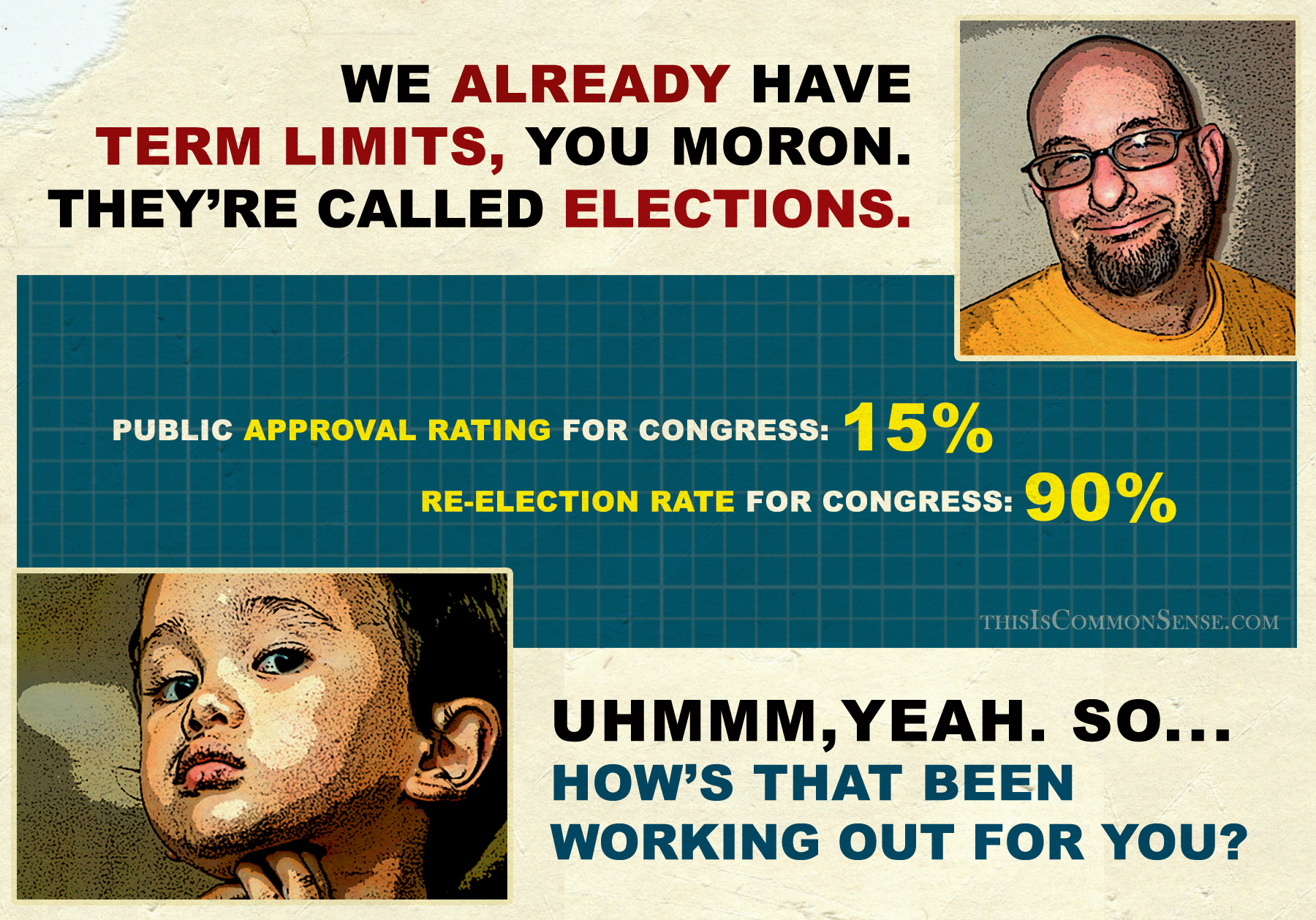An article in Politico calls Curly Haugland a “rule-mongering crank,” a “gadfly,” “stubborn” (twice), a “pain in the ass,” and a “pedantic curmudgeon.”
And merely in the first paragraph!
Who is this Curly fellow, you ask? Haugland’s a successful small businessman in Bismarck, North Dakota, and a member of the Republican National Committee. He’s also a no-nonsense member of the party’s Rules Committee.
Long before Trump was an issue in the party (or even “in” the party), Mr. Haugland was urging Republican leaders to do something anathema to Washington-types: follow the rules.
“The rule says, specifically,” Curly told CNBC, “that it’s a vote of the delegates at the convention to determine if there’s a majority, not a primary vote.… The media has created a perception that the voters will decide the nomination. Political parties choose their nominee, not the general public.”
The entire electorate chooses the president, of course, but it seems fair enough that parties choose their own nominee. They might be wise to do it through primaries including the broader public or through state conventions reserved to party members or any number of ways. But however done, it should be by the rules.
And without taxpayer money.
Delegates have been free to vote their conscience throughout the history of the GOP, from just prior to the Civil War, when Lincoln gained the nomination at a contested 1860 convention, until today. It’s been a rule. The only exception was in 1976, when President Ford’s campaign worked to change the rule, binding delegates to block Ronald Reagan’s insurgent candidacy. Coincidentally, the leader of that ’76 effort was Paul Manafort, who today is running Trump’s convention effort.
Curly Haugland’s beef isn’t with Trump, but with the media and the RNC leadership, for not telling folks the truth.
No telling if GOP delegates will vote their conscience in Cleveland, but thank you, Mr. Haugland, for speaking truth to power. Republican delegates may be listening.
This is Common Sense. I’m Paul Jacob.
P.S. If you missed the first two commentaries in this series, here they are:
Fat Lady Score – It’s a time for choosing.
Listen to Whom? – People in political parties have rights, too.
Common Sense Needs Your Help!
Please consider showing your appreciation by dropping something in our tip jar (this link will take you to the Citizens in Charge donation page… and your contribution will go to the support of the Common Sense website). Maintaining this site takes time and money.
Your help in spreading the message of common sense and liberty is very much appreciated!



















